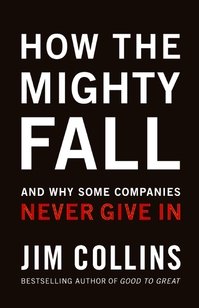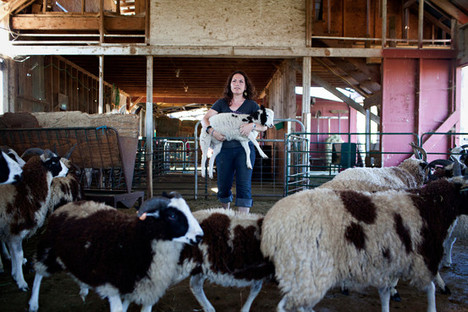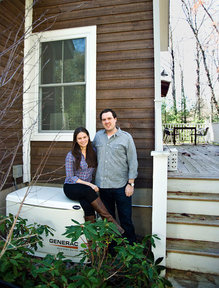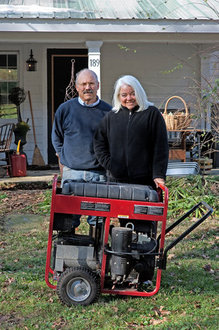(p. 5) At 5:12 a.m. on April 18, 1906, Amadeo Peter Giannini felt an odd sensation, then a violent one, a slight, almost imperceptible shift in his surroundings coupled with a distant rumble like faraway thunder or a train! Pause. One second. Two seconds. Then-bang!-his house in San Mateo, California, began to pitch and shake, to, fro, up, and down. Seventeen miles north in (p. 6) San Francisco, the ground liquefied underneath hundreds of buildings, while heaving spasms under more solid ground catapulted stones and facades into the streets. Walls collapsed. Gas mains exploded. Fires erupted.
Determined to find out what had happened to his fledgling company, the Bank of Italy, Giannini endured a six-hour odyssey, navigating his way into the city by train and then by foot while people streamed in the opposite direction, fleeing the conflagration. Fires swept toward his offices, and Giannini had to rescue all the imperiled cash sitting in the bank. But criminals roamed through the rubble, prompting the mayor to issue a terse proclamation: “Officers have been authorized by me to KILL any and all persons found engaged in Looting or in the Commission of Any Other Crime.” With the help of two employees, Giannini hid the cash under crates of oranges on two commandeered produce wagons and made a nighttime journey back to San Mateo, where he hid the money in his fireplace. Giannini returned to San Francisco the next morning and found himself at odds with other bankers who wanted to impose up to a six-month moratorium on lending. His response: putting a plank across two barrels right in the middle of a busy pier and opening for business the very next day. “We are going to rebuild San Francisco,” he proclaimed.
Giannini lent to the little guy when the little guy needed it most. In return, the little guy made deposits at Giannini’s bank. As San Francisco moved from chaos to order, from order to growth, from growth to prosperity, Giannini lent more to the little guy, and the little guy banked even more with Giannini. The bank gained momentum, little guy by little guy, loan by loan, deposit by deposit, branch by branch, across California, (p. 7) renaming itself Bank of America along the way. In October 1945, it became the largest commercial bank in the world, overtaking the venerable Chase National Bank. (Note of clarification: in 1998, NationsBank acquired Bank of America and took the name; the Bank of America described here is a different company than NationsBank.)
Source:
Collins, Jim. How the Mighty Fall: And Why Some Companies Never Give In. New York: HarperCollins Publishers, Inc., 2009.








